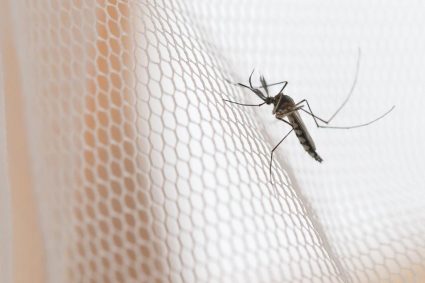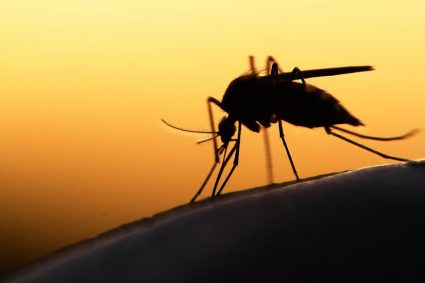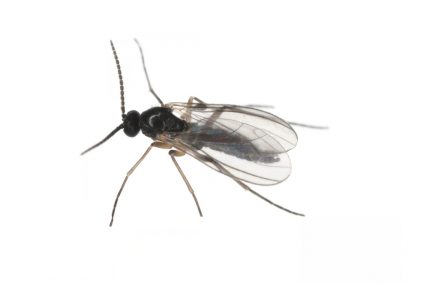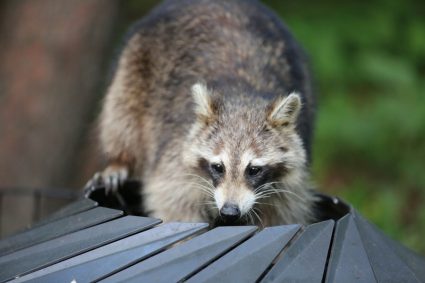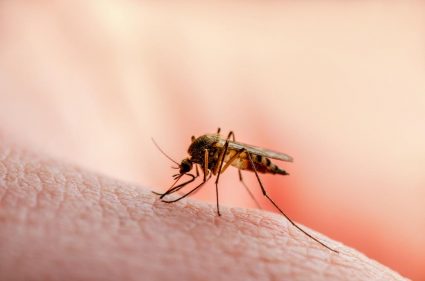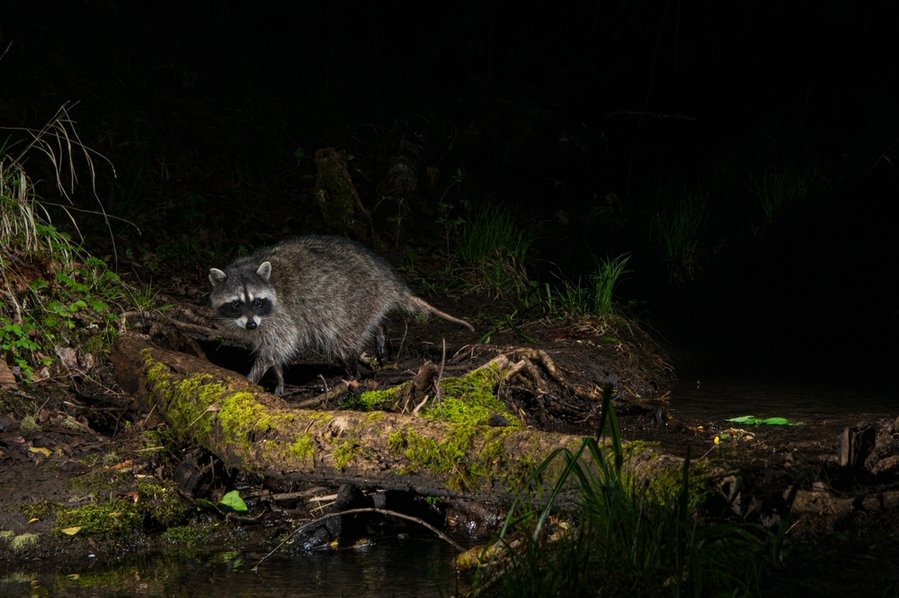
Are you curious as to why raccoons emerge at night? Do you wish to know when raccoons come from their burrows at night?
Do you hear any noises at night, and are you beginning to worry that you may have raccoons in your residence?
They are nocturnal. All nocturnal creatures spend the day sleeping and emerge at night.
Raccoons are nocturnal animals, which means they sleep during the day and seek food at night. During the day, they look for dens to sleep in, but occasionally, they hunt for food in cities.
Raccoons spend the majority of the nighttime hours engaging in activities like:
- Searching for foods
- Building dens
- Mating with other raccoons
However, just because a raccoon is outside during the daytime does not imply that it is unwell. Young raccoons venture outside during the day to play, explore, and fight.
Raccoons are nocturnal, but unlike dogs, they cannot see in the dark. Instead, they use their paws to sense and locate objects, determining whether or not they are edible.
You will learn in this article why raccoons are most active at night.
9 Main Reasons Why Raccoons Come Out at Night
Raccoons spend their days sleeping and are active at night. They sleep during the day in the deep crevices of fallen logs or the enormous holes in trees.
Additionally, they occupy barns, crawl spaces, and abandoned cars for housing. Raccoons shift dens regularly, sometimes daily.
Raccoons tend to emerge at night for the following nine reasons:
1. To Take Advantage of Cooler Temperatures
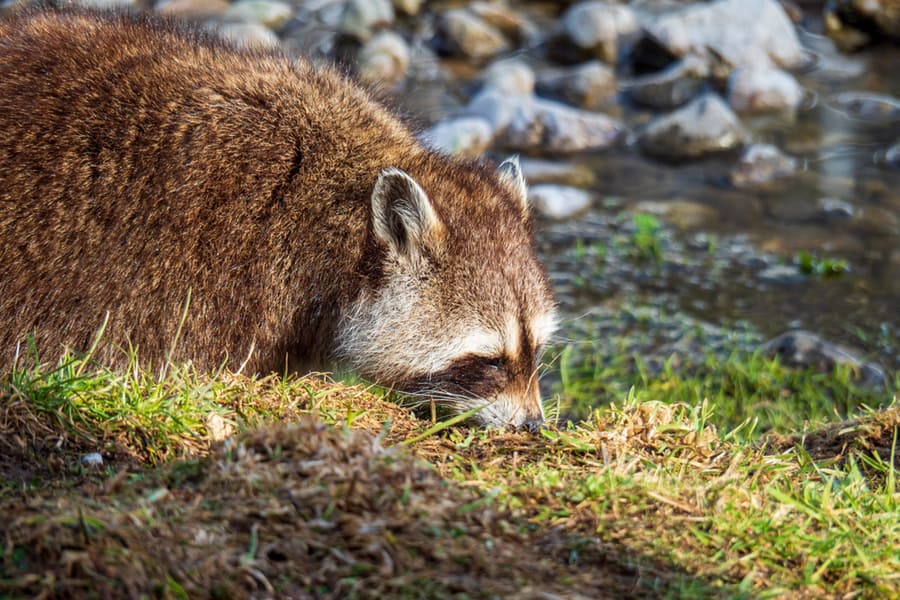
Raccoons are active at night because temperatures are colder during that time, that is nighttime, which aids in their ability to control body temperature.
Raccoons can stay warm in cold weather thanks to their thick fur coats, yet they can still get too hot in hot weather.
Raccoons can prevent overheating and keep their body temperatures within a healthy range by being active during the cooler nighttime hours.
2. To Avoid Predators and Humans
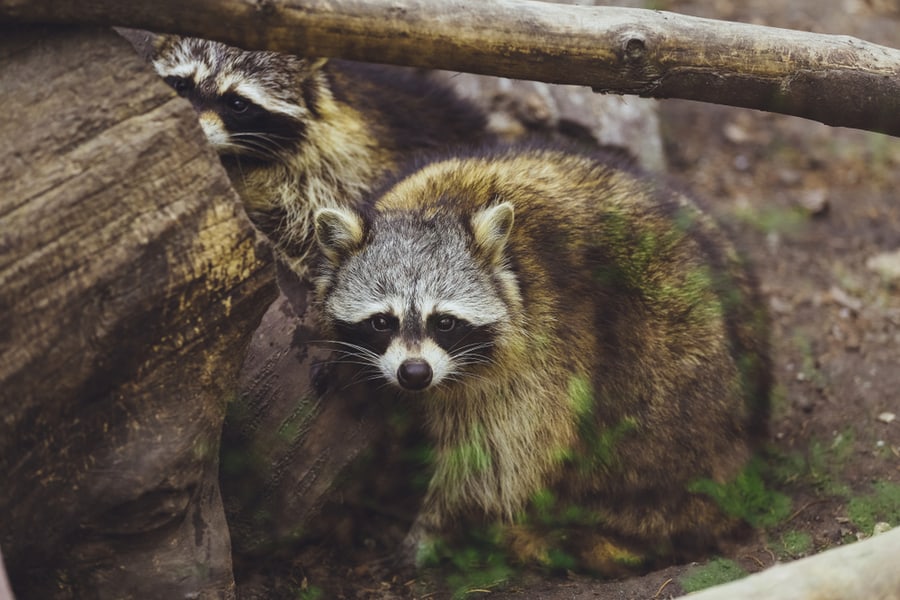
Raccoons are nocturnal animals, meaning they are most active at night. Being awake at night allows them to avoid predators and people.
They can travel more safely and keep predators and people away from them.
Raccoons can find food and shelter more easily at night because they are less likely to be distracted by noise and other distractions.
3. To Mate
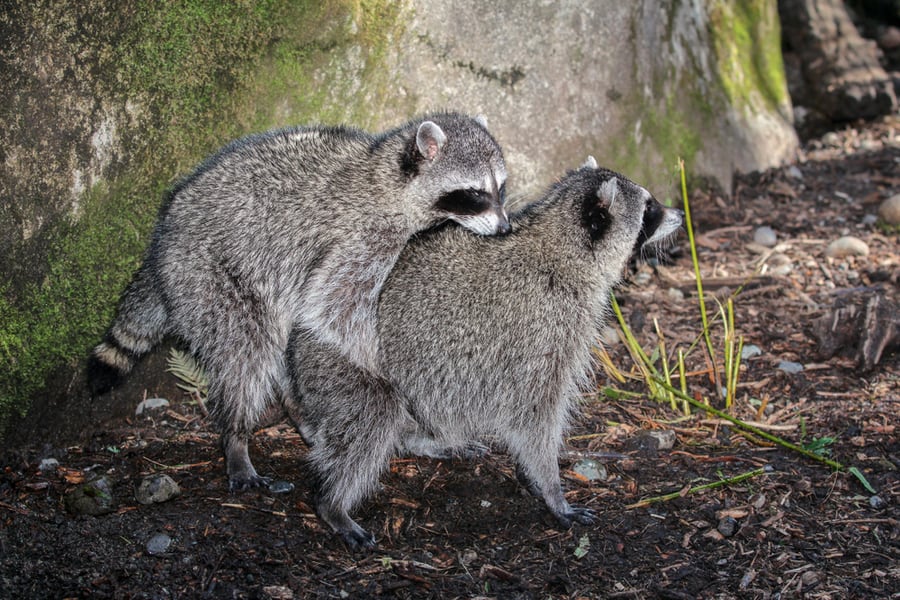
Raccoons are polygamous animals, meaning that males will mate with several females. Therefore, males will look for females at night during the mating season, usually in the late winter and early spring.
Male raccoons will compete with one another for the chance to mate because female raccoons are only open to mating for a short period each year.
Females produce litters of pups after mating, which happens in the spring.
4. To Search for Food
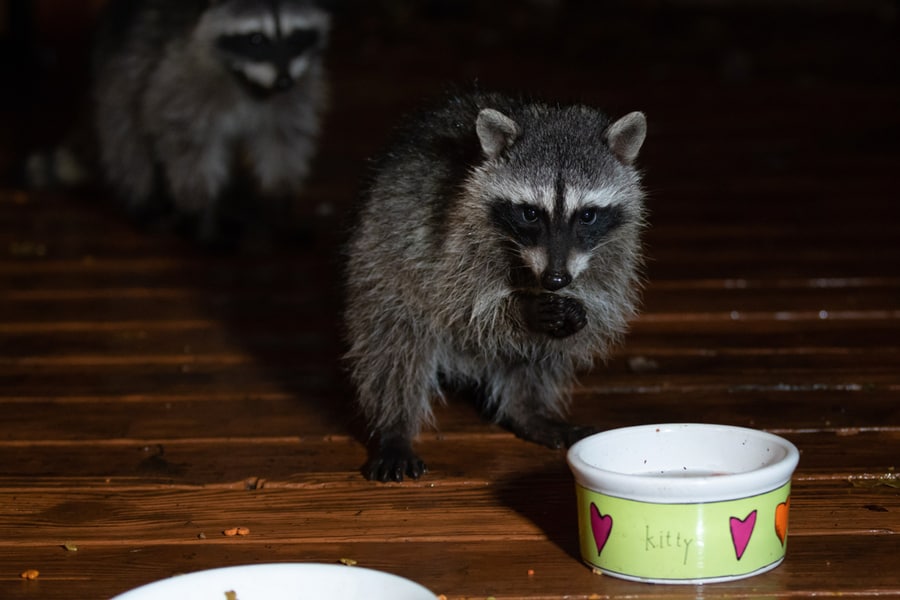
Raccoons will look for food at any time of day because they are opportunistic feeders. But they are more likely to emerge at night because of fewer distractions. This is because they can concentrate on obtaining food without any distractions.
Raccoons are adept foragers and can locate food in many different settings, including forests, fields, and cities.
They will consume a wide variety of things because they are omnivorous, including fruits, vegetables, nuts, insects, small animals, bird eggs, and small birds.
5. To Conserve Energy
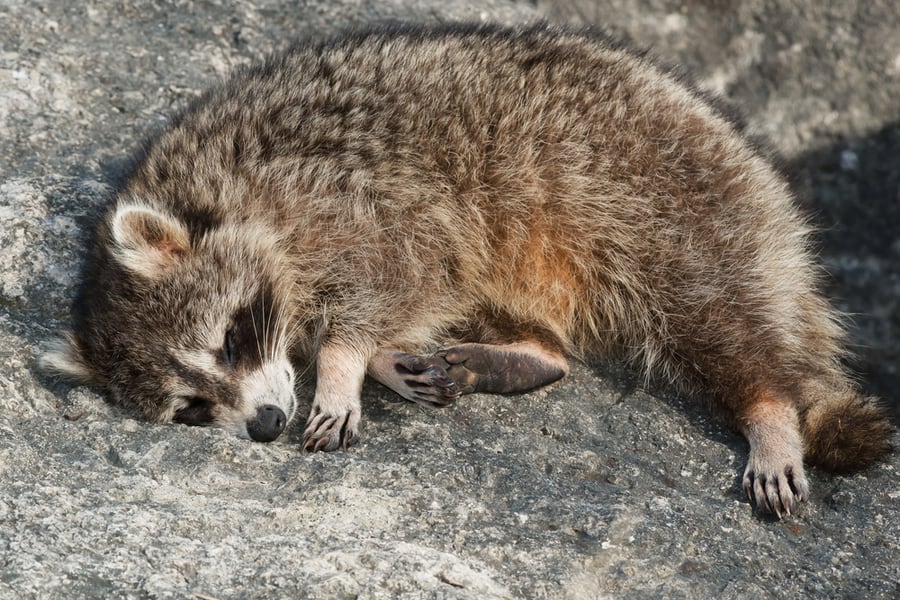
Raccoons remain awake most of the night but also need to sleep to conserve their energy.
Raccoons can save energy and avoid using too much energy during the day by napping. However, they have to be active at night to conserve some energy.
This is particularly significant in colder months when raccoons must conserve energy to stay warm.
6. To Establish a Territory
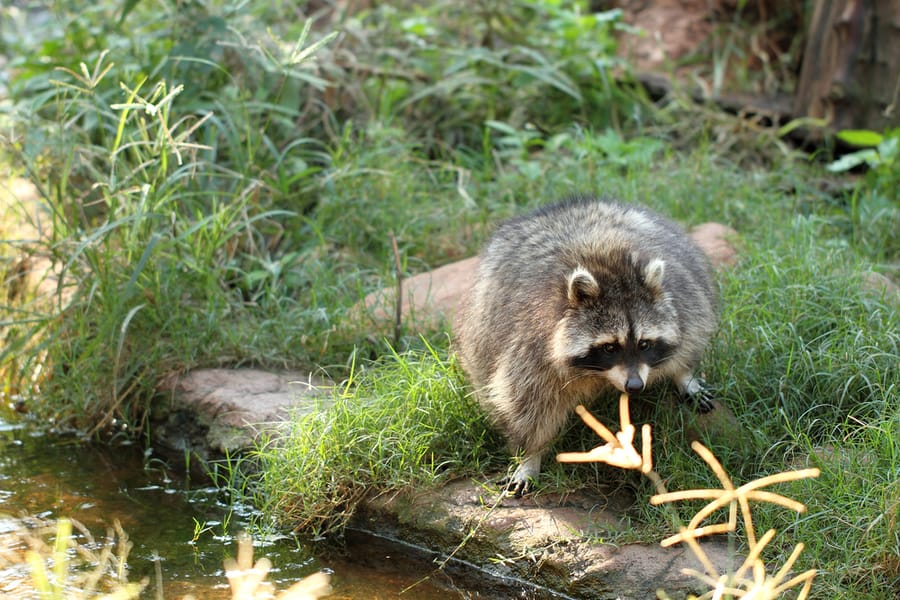
Raccoons will mark their area by leaving scent markers and vocalizations because they are territorial creatures. At night, when they are less likely to be disturbed, this is more likely to happen.
Raccoons will protect their area from other raccoons, and to do so, they may even engage in combat.
Additionally, raccoons will leave markings around the edges of their territory to let other raccoons know they cannot claim that particular region. But, again, this is because some other raccoons own it.
7. To Take Advantage of Prey
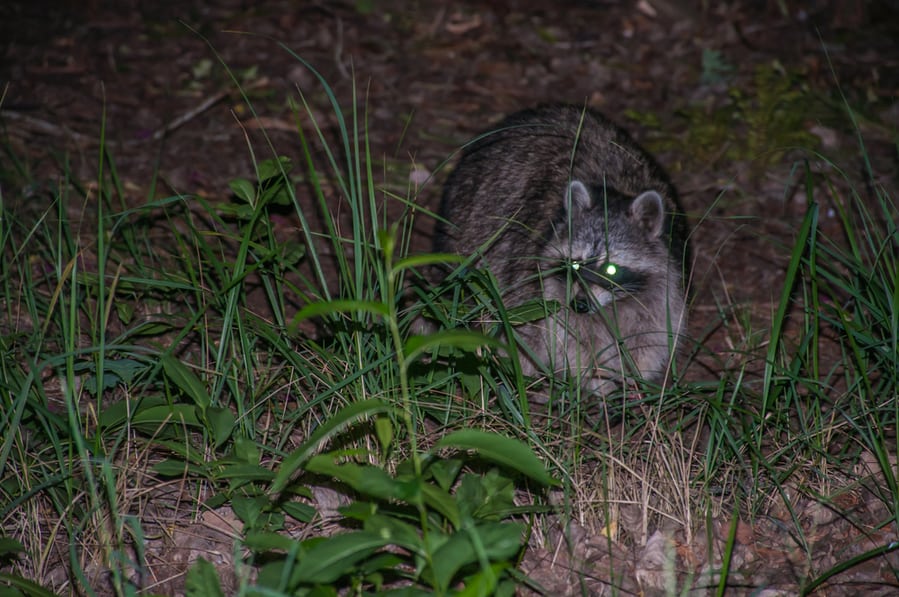
Raccoons are adept hunters and will take advantage of insects, small animals, birds, and other invertebrates.
Raccoons are more likely to be successful hunters if they are active at night because many of these prey species are nocturnal.
As a result, raccoons have a greater probability of accessing food at night and can take advantage of it.
8. To Raise Their Young
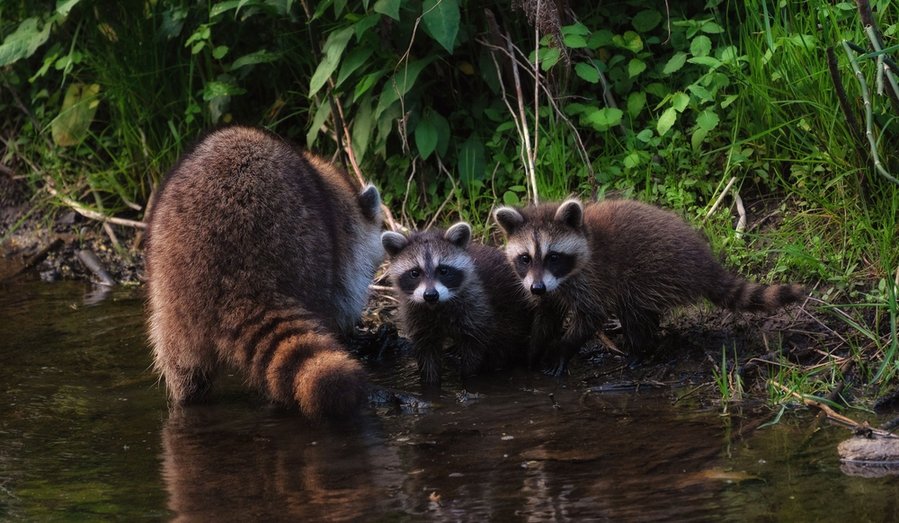
Raccoon mothers give birth to litters of young in the spring, and they will spend a large portion of their time at night tending to and feeding their young.
Mother raccoons are fiercely devoted to raising their young and would stop at nothing to secure their survival.
When their young are mature enough, they educate them on how to:
- Gather food
- Evade predators
- Create their territory
9. To Avoid Competition
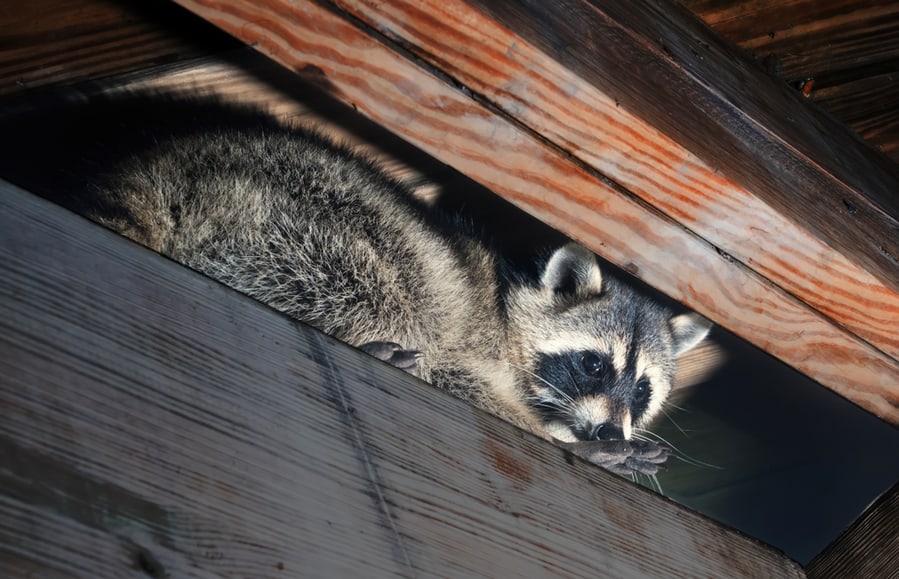
Raccoons venture outside at night to avoid competing with other animals for food and resources. Raccoons can benefit from resources that might be more sparse during the day by being active at night.
If food is scarce, raccoons might be more inclined to emerge at night when there are fewer creatures vying for the same food. That makes it easier for raccoons to find food and stay alive.
Conclusion
Raccoons are nocturnal creatures, and nighttime is when they are most active.
Raccoons are less likely to be disturbed by people and other predators at night, and they can also benefit from cooler weather and increased food availability.
Raccoons have evolved with the ability to see well in low light, which aids them in nocturnal foraging. In addition, raccoons can easily see and navigate through the night because of their exceptional low-light vision.
Do not be tempted to frighten a raccoon if you see it during the day because it could cause it to attack you. Furthermore, it could be unfortunate since you might contract a serious disease.
Roundworm and rabies are the most prevalent diseases that raccoons can transmit to people.
Frequently Asked Questions
Are Raccoons Always Active at Night?
Raccoons are primarily nocturnal animals, but they can also be active during the day, especially if a reliable food source is available.
You can find raccoons in various urban, suburban, and rural habitats. They are nocturnal animals and are most active at night in these environments.
Do Raccoons Attack People?
Raccoons typically avoid attacking people unless they are threatened or provoked. In addition, they frequently avoid contact with people out of fear, especially if they are alone.
However, if they feel irritated or threatened by your presence, they could attack you to protect their young or themselves. For example, a raccoon will attack you if you cause them to feel cornered.
The mother raccoon will guard her young if there is litter nearby. They may bite or scratch you in that situation.
Are Raccoons More Active During Certain Seasons?
Depending on local conditions and food availability, raccoons may be more active during certain seasons.
In the spring and summer, for example, raccoons may be more active as they search for food to support the growth and development of their young.

